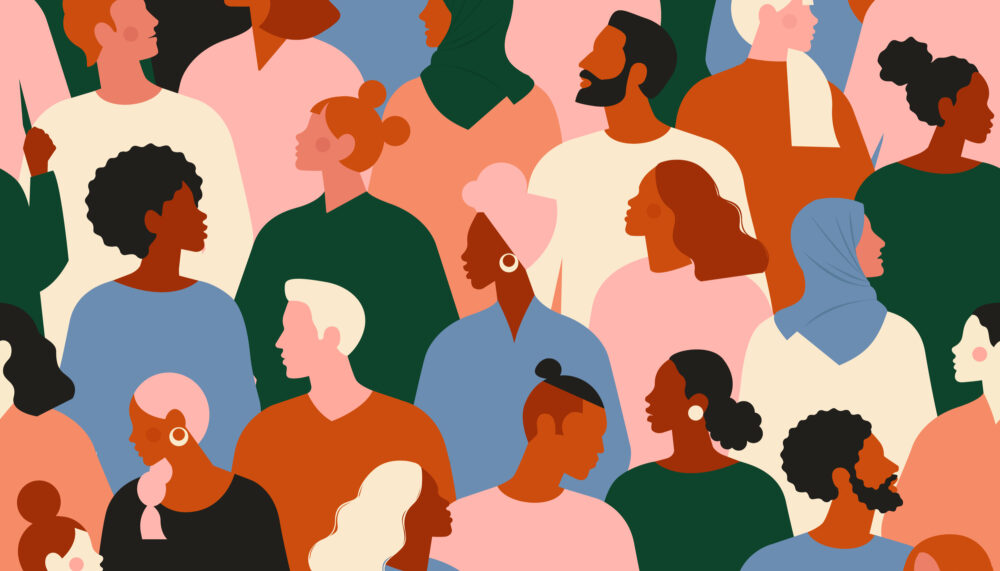EVENT
Video: Enabling change
Gender-transformative approaches to transitional justice

Watch a recording of our event on gender-transformative approaches to transitional justice.
Access and meaningful participation, diversity and transformation: Feminist development and feminist foreign policy draw attention to existing inequalities and they envision change in power structures, gender norms and opportunities. In many societies, however, violent conflicts exacerbate existing discrimination – and after hostilities end, legacies of violence continue to shape people's lives in gender-specific ways.
Addressing the legacies of a violent past is a central tenet of peacebuilding and development. Truth seeking, fact finding, reparations for victims and memorialisation are important contributions to post-conflict reconstruction and reconciliation processes. Yet, transitional justice measures may run the risk of reproducing patriarchal structures, as a recent report by UN Women points out. From a feminist perspective, gender-transformative approaches are therefore key, based on the understanding that dealing with the past should address structural injustices and discrimination, including gender-specific injustice and exclusion.
This dialogue event explores the question of how transitional justice approaches can contribute to a transformation of power structures and discriminatory gender norms in post-conflict contexts. How does a feminist perspective on gender-specific legacies of past violence change our understanding of development and peacebuilding approaches? Where are the “blind spots” of gender-transformative approaches?
Welcome remarks by Niels Annen, Parliamentary State Secretary, Federal Ministry for Economic Cooperation and Development
Keynote by Åsa Regnér, Deputy Executive Director, UN Women
Panel discussion with:
- Jochen Steinhilber, Director General: Displacement; Crisis Prevention; Civil Society, Federal Ministry for Economic Cooperation and Development
- Christella Niyonzima, Programme Coordinator, Impunity Watch, Burundi
- Ivana Franović, Centre for Nonviolent Action, Serbia
- Jeannette Böhme, Policy and Human Rights Officer, medica mondiale
Moderation by Beatrix Austin, Head of Conflict Transformation Research, Berghof Foundation
Enabling change:
Gender-transformative approaches to transitional justice
Thursday, 19 January 2023
17:00–19:00 CET (followed by a reception)
Bundesministerium für wirtschaftliche Zusammenarbeit und Entwicklung
Stresemannstraße 94
10963 Berlin
The Global Learning Hub for Transitional Justice and Reconciliation is a network of organisations from Germany and across the world, initiated by the Berghof Foundation and the German Federal Ministry for Economic Cooperation and Development in early 2022. The Hub reflects a diversity of experiences, benefits from the respective strength of each partner and promotes their work. We want to facilitate an inspiring space for dialogue and learning that is driven by solidarity, inclusivity and innovation. By building bridges, generating knowledge and amplifying voices the Hub seeks to advance the policy and practice of dealing with the past to strengthen peace and justice.
Media contact
You can reach the press team at:
+49 (0) 177 7052758
email hidden; JavaScript is required


